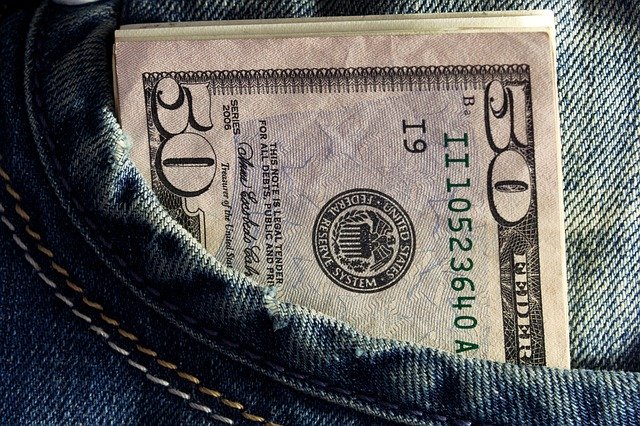What Is the Federal Crime of Structuring?
Under the federal Bank Secrecy Act, banks must report deposits, withdrawals, or transfers of more than $10,000. This doesn’t mean it’s illegal to make them, only that the federal government gets an alert when they see you do it.
Some people try to divide up their transactions in an effort to evade the requirement. Some do this simply because they are uncomfortable with the idea of the federal government knowing about what they’re doing with their money. Some even do it because they have their first large deposit, and find the idea of “being reported to the federal government” rather frightening.
Others do it in an attempt to hide their income from the IRS, or as part of a money laundering scheme.
For example, in the case Ratzlaf v. United States, a defendant paid a casino a $100,000 debt with cashiers checks for less than $10,000 that he purchased at banks all over town. He did this specifically to avoid the reporting requirements.
This crime is punishable either by a fine or with up to five years in prison.
Many people have legitimate reasons to make large cash deposits every day. For example, if you run a retail store you might well make deposits of $5000 to $9000 every single day. This act would not be done with an attempt to avoid the reporting requirements.
How can the government tell? The deposit amounts can tell a story. You might expect legitimate daily deposits to be in uneven amounts ($9802.49 vs. $9000 even). You might also expect to have some days where the amount exceeded $10,000 and thus went over the requirement. The government rarely looks askance at the normal, reasonable expressions of a normal business pattern.
Some transactions may be reported, but they’re just reported. That doesn’t make them suspicious. Keep in mind the bank may voluntarily report on any transaction they think is suspicious if they choose to, regardless of the total amount. You will not be informed that the bank has done so.
Bankers themselves can be found guilty of a federal crime if they fail to report suspicious activity. As The Washington Post notes, “There’s quite a bit of incentive for your bank to give you up, and to cast a wide net around what constitutes ‘suspicious activity.'”
Attempting to dodge the reporting requirement is a criminal act regardless of why it is done, even if the source of the money is perfectly legitimate. You can be brought up on charges even if your sole, complete reason for doing so is the fact that you were attempting to preserve your privacy.
The IRS and the government do make exceptions for transactions done to take advantage of credit card benefits. This is one of several defenses your attorney can turn to if you are charged with this crime.
At the very least, you no longer have to worry as much about the government simply seizing your money and forcing you to try to get it back. In the past, civil asset forfeiture for structuring was very common.
In July of 2019 the Taxpayer First Act became law. This law ensures that the federal government may only seize property for structuring if it is “derived from an illegal source” or if it was done to “conceal criminal activity.”
Structuring cases dropped sharply after the Act was passed.
Nevertheless, structuring can still be brought against you as a stand-alone charge, and is not used solely to put drug dealers or money launderers in prison. It’s a charge you should take very seriously. Get help from an expert federal defender as soon as you know there may be a case against you.
See also:
3 Myths About White Collar Crime
Small Acts, Big Trouble: The Meaning of a Federal Conspiracy Charge
5 Ways to Protect Yourself Against IRS Tax Fraud Charges





